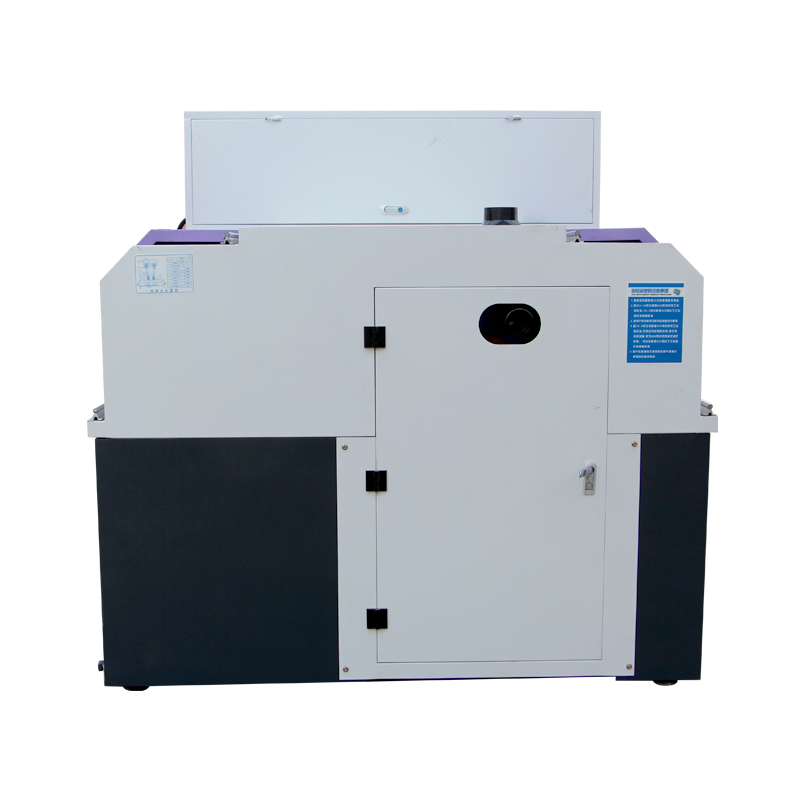
-
 Afrikaans
Afrikaans -
 Albanian
Albanian -
 Amharic
Amharic -
 Arabic
Arabic -
 Armenian
Armenian -
 Azerbaijani
Azerbaijani -
 Basque
Basque -
 Belarusian
Belarusian -
 Bengali
Bengali -
 Bosnian
Bosnian -
 Bulgarian
Bulgarian -
 Catalan
Catalan -
 Cebuano
Cebuano -
 Corsican
Corsican -
 Croatian
Croatian -
 Czech
Czech -
 Danish
Danish -
 Dutch
Dutch -
 English
English -
 Esperanto
Esperanto -
 Estonian
Estonian -
 Finnish
Finnish -
 French
French -
 Frisian
Frisian -
 Galician
Galician -
 Georgian
Georgian -
 German
German -
 Greek
Greek -
 Gujarati
Gujarati -
 Haitian Creole
Haitian Creole -
 hausa
hausa -
 hawaiian
hawaiian -
 Hebrew
Hebrew -
 Hindi
Hindi -
 Miao
Miao -
 Hungarian
Hungarian -
 Icelandic
Icelandic -
 igbo
igbo -
 Indonesian
Indonesian -
 irish
irish -
 Italian
Italian -
 Japanese
Japanese -
 Javanese
Javanese -
 Kannada
Kannada -
 kazakh
kazakh -
 Khmer
Khmer -
 Rwandese
Rwandese -
 Korean
Korean -
 Kurdish
Kurdish -
 Kyrgyz
Kyrgyz -
 Lao
Lao -
 Latin
Latin -
 Latvian
Latvian -
 Lithuanian
Lithuanian -
 Luxembourgish
Luxembourgish -
 Macedonian
Macedonian -
 Malgashi
Malgashi -
 Malay
Malay -
 Malayalam
Malayalam -
 Maltese
Maltese -
 Maori
Maori -
 Marathi
Marathi -
 Mongolian
Mongolian -
 Myanmar
Myanmar -
 Nepali
Nepali -
 Norwegian
Norwegian -
 Norwegian
Norwegian -
 Occitan
Occitan -
 Pashto
Pashto -
 Persian
Persian -
 Polish
Polish -
 Portuguese
Portuguese -
 Punjabi
Punjabi -
 Romanian
Romanian -
 Russian
Russian -
 Samoan
Samoan -
 Scottish Gaelic
Scottish Gaelic -
 Serbian
Serbian -
 Sesotho
Sesotho -
 Shona
Shona -
 Sindhi
Sindhi -
 Sinhala
Sinhala -
 Slovak
Slovak -
 Slovenian
Slovenian -
 Somali
Somali -
 Spanish
Spanish -
 Sundanese
Sundanese -
 Swahili
Swahili -
 Swedish
Swedish -
 Tagalog
Tagalog -
 Tajik
Tajik -
 Tamil
Tamil -
 Tatar
Tatar -
 Telugu
Telugu -
 Thai
Thai -
 Turkish
Turkish -
 Turkmen
Turkmen -
 Ukrainian
Ukrainian -
 Urdu
Urdu -
 Uighur
Uighur -
 Uzbek
Uzbek -
 Vietnamese
Vietnamese -
 Welsh
Welsh -
 Bantu
Bantu -
 Yiddish
Yiddish -
 Yoruba
Yoruba -
 Zulu
Zulu
thread rolling machine products
The Revolution of Thread Rolling Machine Products
In the fast-paced world of manufacturing, thread rolling machines have emerged as essential equipment, significantly advancing the production of threaded fasteners, screws, and similar components. These machines utilize a process that deforms metal, creating external threads with high precision and efficiency. The thread rolling process has gained traction due to its numerous advantages, allowing manufacturers to optimize their operations and meet the demands of modern industries.
What is Thread Rolling?
Thread rolling is a cold-forming process where a workpiece, usually made of metal, is passed between two rotating dies that have the desired thread profile. The machine applies pressure, causing the material to flow into the shape of the dies, forming threads without cutting away any metal. This method not only conserves material but also enhances the strength of the final product. By displacing, rather than removing material, thread rolling produces threads with improved fatigue resistance and surface finish compared to traditional cutting methods.
Advantages of Thread Rolling Machines
1. Enhanced Efficiency Thread rolling machines are designed for high-speed operations. They can produce a large volume of threaded components in a shorter time frame, increasing productivity. Many modern machines are fully automated, allowing for continuous operation without the need for constant human intervention.
2. Superior Mechanical Properties As thread rolling is a cold-forming process, the mechanical characteristics of the material are refined. The process improves the grain structure, resulting in better tensile strength and durability in the final product. This is particularly beneficial in applications where strength and reliability are paramount.
3. Cost-Effective Production Though the initial investment for thread rolling machines can be significant, the long-term savings are undeniable. The reduction in scrap material, combined with faster production rates, leads to lower overall production costs. Additionally, the lower wear on tools compared to cutting processes results in less frequent maintenance and replacements.
4. Versatility Thread rolling machines can be adapted to produce a wide range of thread types and sizes, making them suitable for various applications across industries. From automotive and aerospace to construction and electronics, these machines can handle different materials and meet specific customer requirements.
thread rolling machine products

5. Improved Thread Quality The precision of thread rolling results in higher quality threads with better dimensional accuracy compared to traditional machining methods. The smooth surface finish provided by thread rolling reduces the risk of stress concentrations and enhances the performance of fasteners under load.
Applications Across Industries
Thread rolling machines are integral to various sectors. In the automotive industry, they produce components such as bolts and lug nuts that are critical for vehicle assembly. In aerospace, precision-engineered fasteners are vital for maintaining safety and performance standards. Additionally, the construction industry relies on thread rolling for producing robust fastening solutions that endure heavy loads and environmental conditions.
Future Trends in Thread Rolling Technology
The technology surrounding thread rolling machines continues to evolve, with advancements in automation and computerization. The integration of Industry 4.0 concepts into manufacturing processes is revolutionizing the way thread rolling machines operate. Real-time monitoring and data analytics improve efficiencies by predicting maintenance needs and optimizing production schedules.
Moreover, as industries seek to reduce their environmental footprint, energy-efficient machines and sustainable practices in metalworking are gaining prominence. Manufacturers are exploring eco-friendly lubricants and processes that minimize waste, aligning with global sustainability goals.
Conclusion
Thread rolling machines represent a groundbreaking development in the manufacturing sector, combining efficiency, quality, and cost-effectiveness. As industries continue to innovate and evolve, the demand for high-quality threaded components will grow, making thread rolling technology an indispensable part of modern manufacturing. The continuous improvement of thread rolling machines ensures that they will remain at the forefront of production methodologies, meeting the challenges of tomorrow’s manufacturing landscape.
